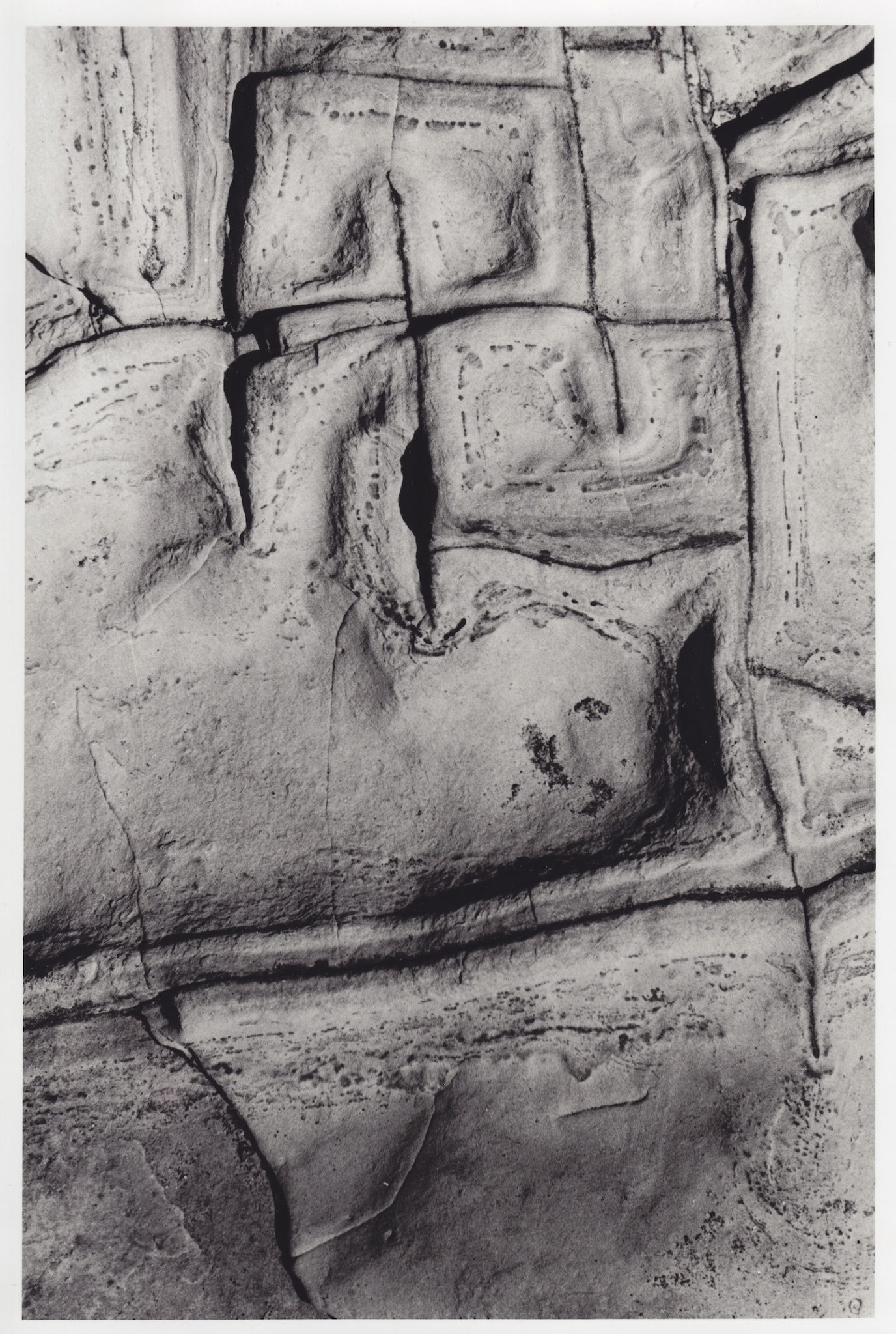When we die there are two things we can leave behind us: genes and memes. We were built as gene machines, created to pass on our genes. But that aspect of us will be forgotten in three generations. Your child, even your grandchild may bear a resemblance to you, perhaps in facial features, in a talent for music, in the colour of her hair. But as each generation passes, the contribution of your genes is halved. It does not take long to reach negligible proportions. Our genes may be immortal but the collection of genes that is any one of us is bound to crumble away… We should not seek immortality in reproduction.
But if you contribute to the world’s culture, if you have a good idea, compose a tune, invent a sparking plug, write a poem it may live on, intact, long after your genes have dissolved in the common pool.
— Dawkins, Richard. The Selfish Gene. New York: Oxford University Press, 1976. 199.
I behave as if I’m carrying forward for my children. It’s what I’m to do and what I’m to fail to do. Just pick up and show them how to go forward.
I had two dreams about [my father] after he died. I dont remember the first one all that well but it was about meetin him in town somewheres and he give me some money and I think I lost it. But the second one it was like we was both back in older times and I was on horseback goin through the mountains of a night. Goin through this pass in the mountains. It was cold and there was snow on the ground and he rode past me and kept on goin. Never said nothin. He just rode on past and he had this blanket wrapped around him and he had his head down and when he rode past I seen he was carryin fire in a horn the way people used to do and I could see the horn from the light inside of it. About the color of the moon. And in the dream I knew that he was goin on ahead and that he was fixin to make a fire somewhere out there in all that dark and all that cold and I knew that whenever I got there he would be there. And then I woke up.
― Cormac McCarthy, No Country for Old Men
I called my father today to make sure he was still alive as I hadn’t heard from him in a couple of months. I checked for news of him in his small town and turned up a photo of a fresh looking grave stone stamped with his name, located in the town where he was born on the other side of the country. Subtitled “Loving Son.” His name is extremely rare, so it’s possible the grave contains a son of his I don’t know about. Maybe he doesn’t know about either. Not entirely surprising as I also found a marriage record for him and a woman who is not my mother dated just a couple of years before I was born. He has at least two other sons I’ve never met, and I’m not sure how many times he’s been married.
He answers the phone and says he was just busy getting a new shoulder. Got one side fixed up, a new knee, a hip, and time to move on to the other. He ends with I can’t wait to get better. I guess that’s some kind of moving on.

